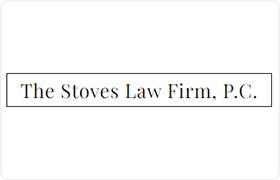Docena White Collar Crime Lawyer, Alabama
Sponsored Law Firm
-
 x
x

Click For More Info:
-
The Stoves Law Firm, P.C.
9 Office Park Cir Suite 105 Birmingham, AL 35223» view mapCriminal Defense Legal Expertise You Can Rely On
The Stoves Law Firm, P.C. provides outstanding Criminal Defense and Litigation services to individuals and businesses throughout the State of Alabama.
800-818-9390
Redding Pitt
Government Agencies, Personal Injury, Employment, White Collar Crime
Status: In Good Standing
FREE CONSULTATION
CONTACTHannah Cotney Thompson
Litigation, Lawsuit & Dispute, White Collar Crime, Insurance
Status: In Good Standing Licensed: 13 Years
FREE CONSULTATION
CONTACTErskine R. Mathis
White Collar Crime, Misdemeanor, Felony, DUI-DWI
Status: In Good Standing Licensed: 44 Years
FREE CONSULTATION
CONTACTJohn William Rose
Tax, White Collar Crime, Business & Trade, Business
Status: In Good Standing Licensed: 54 Years
Angela Catherine Cameron
Litigation, Health Care Other, White Collar Crime, Medical Malpractice
Status: In Good Standing Licensed: 20 Years
 Jay Stoves Birmingham, AL
Jay Stoves Birmingham, AL Practice AreasExpertise
Practice AreasExpertise
